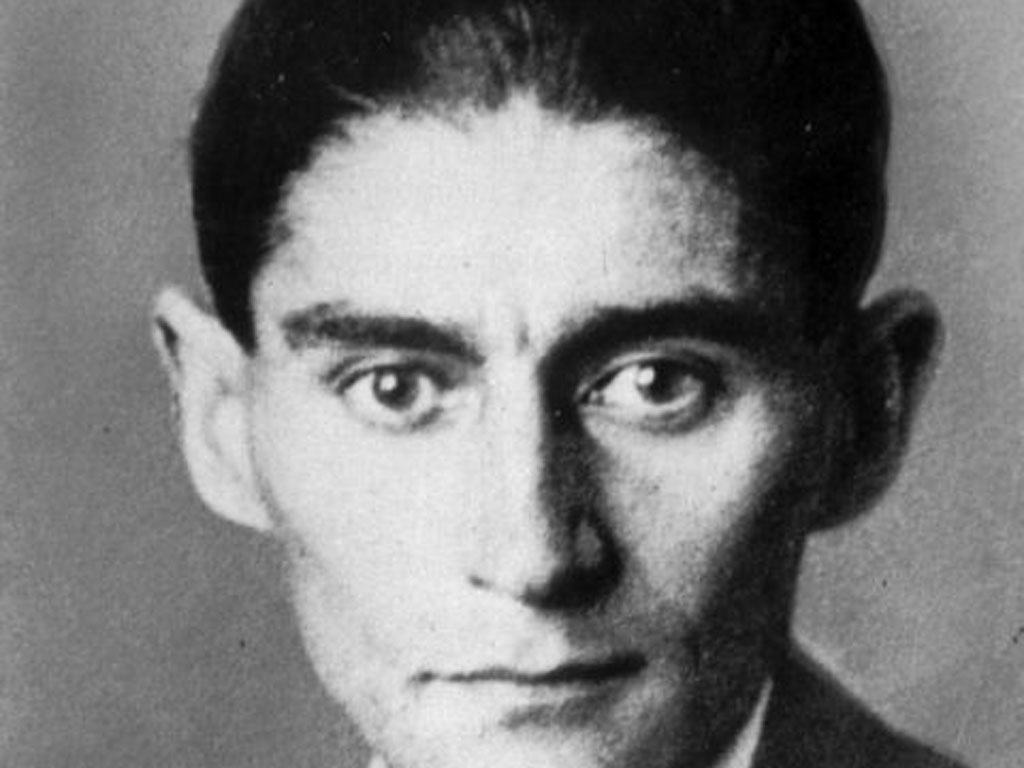London- Israel’s Supreme Court has ruled that Franz Kafka’s manuscripts are the property of the National Library of Israel, ending a legal battle that lasted for eight years.
Kafka, who died because of tuberculosis in 1924 in Prague, asked Max Frod to burn his writings, however, Frod didn’t. When he later flef to Palestine in 1939, he took a bag filled with Kafka’s writings.
After Frod’s death in 1968 in Tel Aviv, these papers became a part of the fortune he left for his assistant. But the Israeli court has considered them a part of Israel’s heritage.
Kafka was never a pious Jewish, and has a complete negative view concerning Zionism, and reading Kafka in a Zionist-friendly way is sort of unfair.
“Kafka-a Jewish writer with an Arabic view,” is a book issued in German by the researcher Atef Boutros in which he has explained the Arabian discussion concerning Kafka’s Zionism.
The book goes deep in discussing the reasons that made Kafka’s writing attract cultured people in the West Bank since the middle of the twentieth century. Dr. Taha Hussein was the first to write about Kafka in Arabic in an article he published in the mid forties, in which he compared between Kafka and poet Abul ʿAla Al-Maʿarri. He considered that both writers lived in eras of disturbance, crises, and corruption and that they were controlled by feelings of desperation and hope.
Some Arab writers called to ban Kafka while others stuck to defend his works. The conflict is not over yet; Atef Boutros has concluded his German book by saying that the misunderstanding of Kafka’s writings will destroy us.
In Kafka’s letters to his fiancé, he expressed his will to work in Palestine but he never did.
These letters also featured the following phrase: “I like Zionism, it makes me feel sick,” which emphasizes the contradiction of his opinion concerning Zionism as a liberating movement in Europe and colonial movement in Palestine.
Zionism had two different speeches: one supporting Zionists, who faced a devastating threat in Europe, and another turning Zionism into a devastating threat to Palestine.
I visited Kafka’s grave but I refused to wear the Jewish hood when I entered the cemetery. Therefore, I put my sports cap because I had to cover my head. Then, finally, I reached the grave where the famous writer was lying next to his father and friend Frod, who luckily didn’t heed Kafka’s quest to burning his writings and offered us the opportunity to read them.
